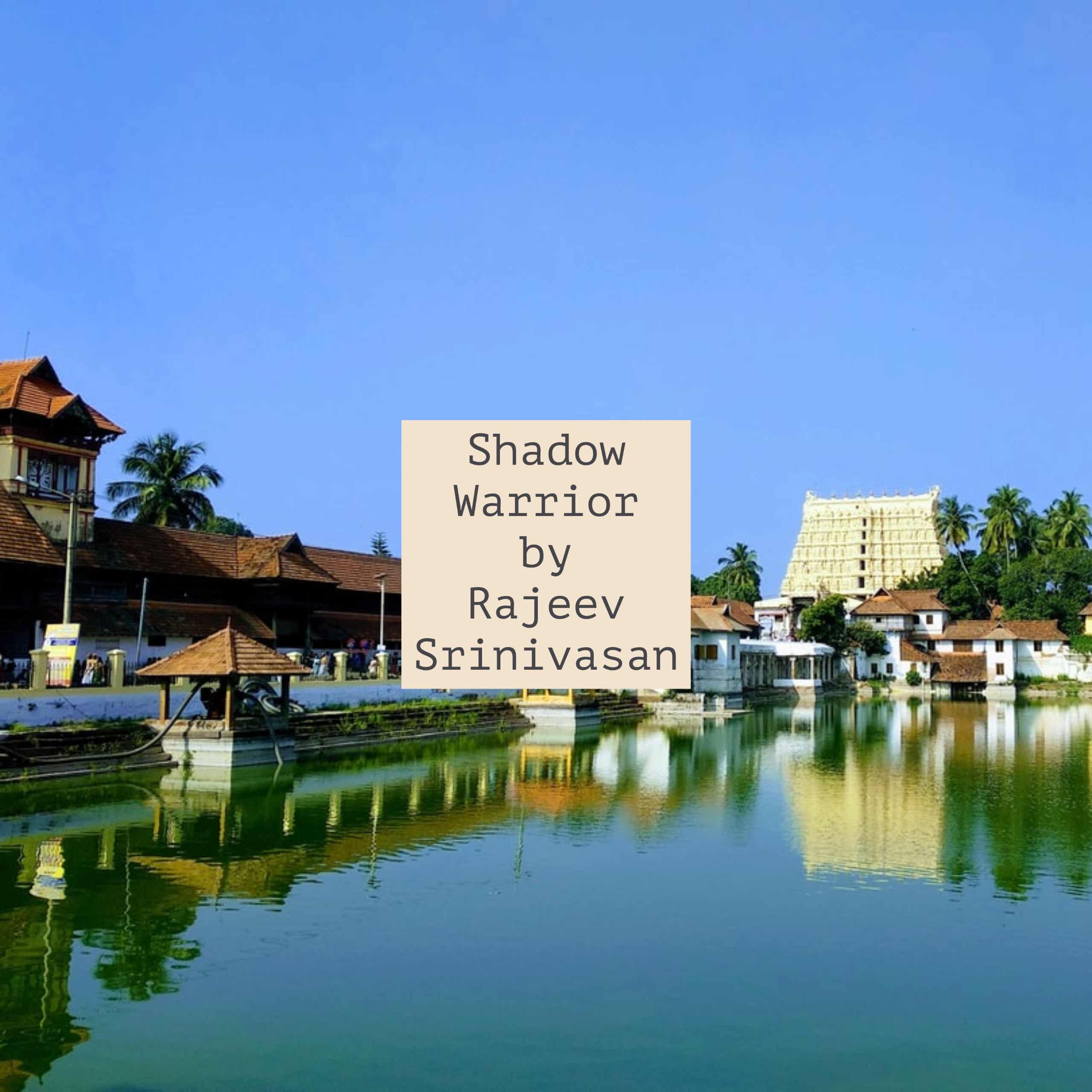Ep. 134: The geo-political fallout from Bangladesh: What should India do?
Description
The Dr B S Harishankar Memorial Lecture, Bharatiya Vichara Kendram, Trivandrum, 27th August 2024.
A Malayalam version of this has been published by Janmabhumi newspaper at https://janmabhumi.in/2024/09/01/3258051/varadyam/geo-political-implications-for-bangladesh/
A brand-new genAI-generated podcast with two different anchors (it’s really quite good, give it a listen!) courtesy Google NotebookLM added. Let me tell you, I liked it. Your comments on this, below?
It was startling to hear from retired Ambassador G Sankar Iyer on Asianet’s program with Ambassador TP Sreenivasan that the celebrated Malayalam author Vaikom Mohammed Basheer (once nominated for the Nobel Prize in Literature) said in 1973: “In Bangladesh, we have created yet another enemy.” With his novelist’s insight, Basheer understood that the Two-Nation Theory held sway among certain sections of Bengalis.
In the current crisis situation in 2024, the ongoing pogrom against Hindus (amounting to a virtual genocide) and the forced resignation of teachers, police officers and other officials based only on the fact that they are Hindus (there are videos that show them being beaten and humiliated even after resigning) suggests that anti-Hindu feeling is running rampant in Bangladesh. It is another kristallnacht.
This is coupled with anti-India feeling. For instance, the current floods in Bangladesh are being blamed on India opening a dam in Tripura after torrential rains, although the Indian government has said that it provided all the hydrological data that it always has.
The fact of the matter is that the departure of Sheikh Hasina is a blow to India’s geo-political ambitions. It now appears as though India erred in “putting all its eggs into one basket” by cultivating only her Awami League, and not the Bangladesh National Party of her arch-rival Khaleda Zia.
The indubitable fact that Indian influence in Bangladesh has now been supplanted by forces inimical to India raises the question of who might be behind the regime change operation. Beyond that, there is the question of whether it was indeed a popular uprising based on the suppressed ambitions of the people that led to the ouster of Sheikh Hasina.
The third question is what this means for Bangladesh, India and the region going forward, especially as climate change may alter the very geography of the area. It is predicted that as much as 11% of the land area of Bangladesh could be underwater by 2050. This could displace 18 million people, which would lead to unprecedented migration of their population into India.
Regime Change operation: Who benefits from it?
Cui bono? Who benefits? That Latin phrase is used to consider who might be motivated to commit a crime (the other part is who has the means to commit it). In this case of regime change in Bangladesh, there are several entities who might benefit.
Obviously Pakistan. That country has never lived down its balkanization in 1971, and it had a number of its sympathizers already in place at that time. There were many who collaborated with the Pakistani Army in identifying Hindus and facilitating their killing or rape or ethnic cleansing, and also Muslims who were their political opponents. These are the people Sheikh Hasina referred to as “razakars”, and they are essentially in control now.
China is a clear winner whenever something happens that hurts India’s interests. There is the perennial issue of the Chicken’s Neck, that narrow strip of land that connects the Seven Sister states of India’s Northeast to the Gangetic Plain. It is a permanent threat to India that somebody (most probably China) will cut this off and truncate India, with the Northeast then becoming part of a Greater Bangladesh, with associated genocide of Hindus and Buddhists.
Former Ambassador Veena Sikri spoke to Ambassador TP Sreenivasan about something very odd indeed: Sheikh Hasina made a state visit to China in mid July, and she was thoroughly humiliated t
More Episodes
A version of this essay has been published by firstpost.com at https://www.firstpost.com/opinion/opinion-what-makes-trump-a-better-candidate-for-india-and-world-13831800.html
An AI-generated (courtesy notebookLM.google.com) podcast based on this essay is here:
In all humility, I accept that my...
Published 11/03/24
The potential consequences of a Trump presidency for India span multiple dimensions, including military, economic, trade, cultural, financial, and social aspects. Here’s an overview of these impacts:
Military and Geopolitical Implications
- Defense Ties: Under Trump, India may continue to...
Published 10/27/24


